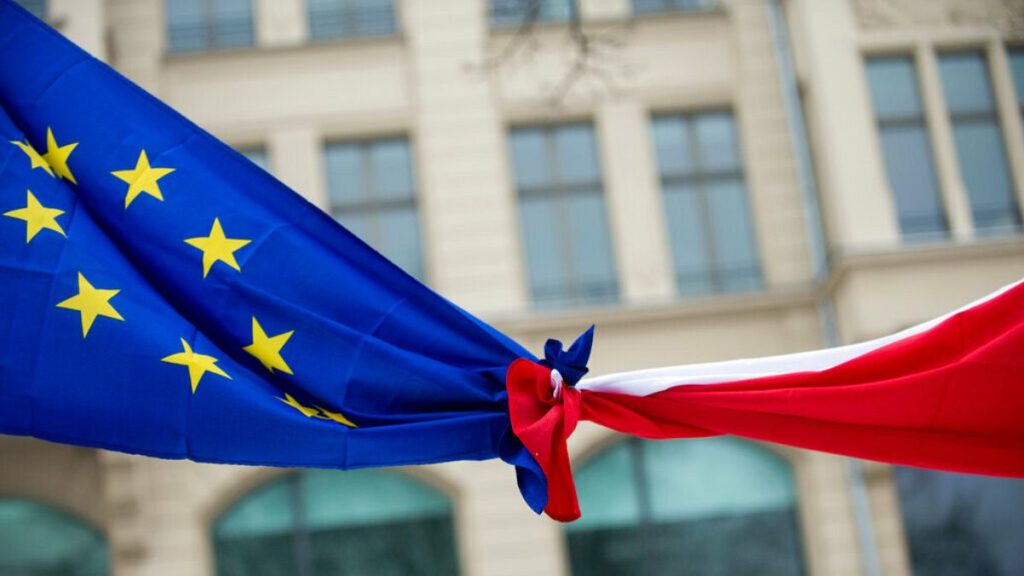The diplomatic relationship between Poland and Hungary has deteriorated significantly, reaching a new low following the granting of political asylum in Hungary to Marcin Romanowski, a Polish fugitive lawmaker and former Deputy Justice Minister. This act, considered “hostile” by Warsaw, has further strained the already fragile ties between the two EU member states, culminating in Poland’s decision to disinvite the Hungarian ambassador from the inauguration gala of Warsaw’s EU presidency. This incident underscores the growing divergence in their political stances, particularly regarding the war in Ukraine and the broader relationship with the European Union.
The asylum granted to Romanowski, who faces multiple charges of misusing public funds in Poland and is subject to a European Arrest Warrant, has become the focal point of the current diplomatic row. Poland’s insistence on Hungary’s compliance with the warrant and the threat of legal action at the European Court of Justice have further exacerbated tensions. This move by Hungary is perceived by Poland not only as a direct affront to its judicial system but also as a symbolic gesture of defiance against Poland’s pro-EU stance and its strong support for Ukraine in the face of Russian aggression.
The once strong bond between Poland and Hungary, forged on shared conservative ideologies and a mutual skepticism towards migration and certain EU policies, has been steadily eroding since Russia’s full-scale invasion of Ukraine. Poland’s unwavering support for Kyiv and its condemnation of Russia’s actions stand in stark contrast to Hungary’s more ambivalent approach, marked by Prime Minister Viktor Orbán’s continued engagement with Moscow and his reluctance to fully endorse EU sanctions against Russia. This fundamental difference in their responses to the war has become a major point of contention, driving a wedge between the two countries.
The change in government in Poland, with the return of Donald Tusk’s centrist coalition, has further amplified the rift. Tusk’s pro-EU stance and his government’s open criticism of Hungary’s relationship with Russia have been met with accusations of hypocrisy from Orbán, who has gone so far as to label the Polish government as enemies. This escalating rhetoric, coupled with Hungary’s increasing Euroscepticism under Orbán, has created a climate of distrust and hostility, making any form of meaningful dialogue increasingly difficult.
The inauguration of Poland’s EU presidency, intended to be a moment of celebration and unity, has been overshadowed by this diplomatic spat. The pointed exclusion of the Hungarian ambassador, as well as Prime Minister Orbán, from the inaugural gala sends a clear message of Poland’s disapproval of Hungary’s actions and its unwillingness to tolerate what it perceives as a deliberate undermining of its legal and political authority. This public display of discord further highlights the depth of the divide between the two countries and casts a shadow over the upcoming Polish presidency.
As Poland assumes the rotating presidency of the EU Council, its focus will be on strengthening security and defense within the bloc, reflecting the current geopolitical realities. However, the strained relationship with Hungary, a fellow EU member, poses a significant challenge. The ability of Poland to effectively lead and foster cooperation within the EU will be tested by this ongoing diplomatic crisis. The future of the relationship between Poland and Hungary remains uncertain, with the possibility of further escalation depending on the outcome of the Romanowski asylum case and the broader geopolitical landscape.














